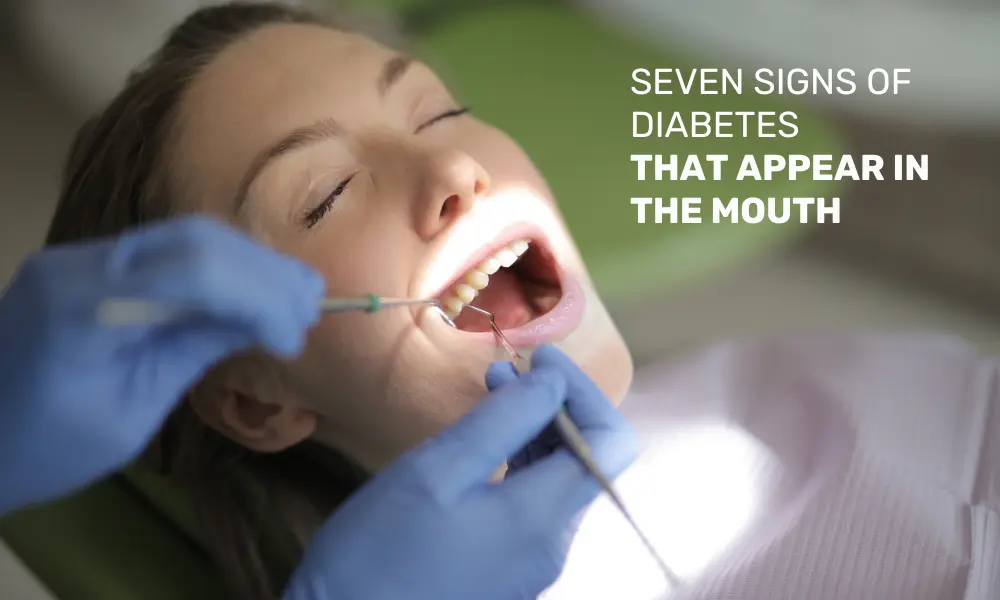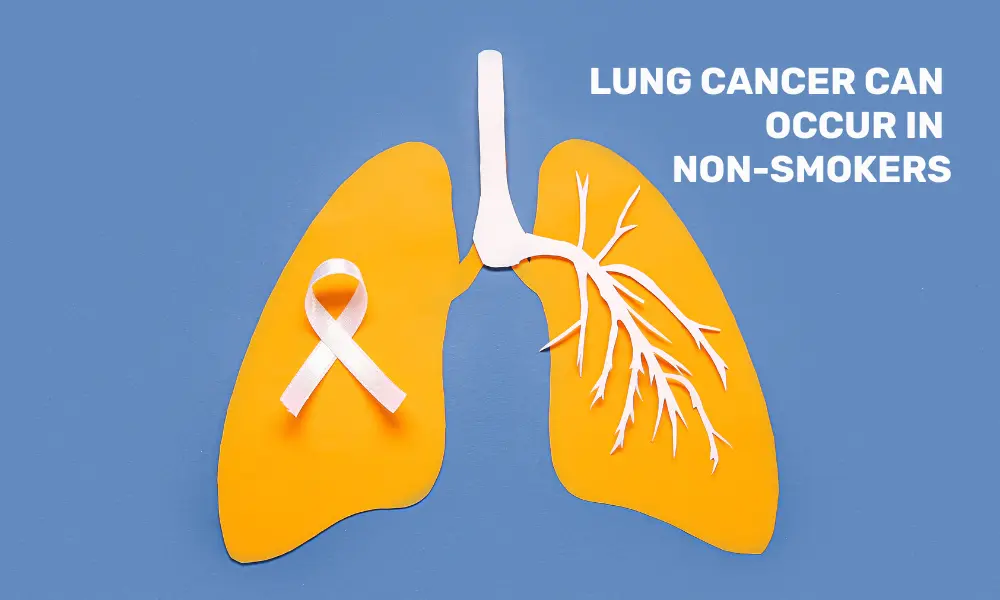Diabetes affects the blood sugar level of our body and causes many complications. However, seven vital symptoms may appear in the mouth, and one must know them.
Table of Contents:
-
Diabetes and its types
-
Complications related to Diabetes
-
Symptoms of diabetes that appear in the mouth
-
Preventing Diabetes
Diabetes and its Impacts
Diabetes is a condition caused by insufficient production or poor absorption of insulin, a hormone that regulates blood glucose and ensures energy for the body. There are majorly two types of diabetes.
Type 1 Diabetes is an autoimmune disease in which our immune system destroys and attacks the insulin-producing cells in our pancreas, it can develop at any age.
Type 2 Diabetes is the most common type of diabetes around the world. In this our body does not make enough insulin and our body’s cells do not respond normally to the insulin.
Complications related to Diabetes:
Diabetes can cause long-term complications, which may include:
-
Cardiovascular Disease
-
Periodontal Disease
-
Skin problem
-
Kidney damage
-
Weight loss
-
Fatigue
-
Blurred Vision
-
Hypertension
-
Sleep Apnea
-
Hearing Problems
-
High Cholesterol
Symptoms of diabetes that appear in the mouth
Diabetes affects blood sugar control in the body, which reflects on blood circulation and reduces salivary flow. This results in a drier mouth and changes in the pH of saliva, thus losing its protective effect.
Consequently, the oral cavity becomes more prone to infections such as periodontitis and a higher susceptibility to the action of herpes virus and candida.
In many cases, diabetes may not show obvious symptoms at the beginning. However, some signs manifest in the mouth and deserve our attention:
-
Bad Breath: An unpleasant smell is common when the diabetes is uncontrolled and blood sugar levels are very high or very low. It is a vital indicator for diagnosing diabetes, especially when associated with other symptoms, such as increased thirst, frequent urination, and fatigue.
-
Dry Mouth: Dryness of the mouth, also known as xerostomia, is a consequence of reduced saliva production in response to increased blood sugar levels.
-
Tooth Loss: Teeth may be lost more easily when diabetes is uncontrolled. This is due to a higher propensity for periodontal diseases, cavities, and other oral infections.
-
Red and Sensitive Gums: The increased blood sugar level facilitates the proliferation of bacteria in the mouth, which can result in red, sensitive, and painful gums and may even bleed during brushing.
-
Mouth Ulcers: Ulcers and sores in the mouth are more common among diabetic patients, especially when the disease is poorly managed.
-
Increased Sugar in Saliva: Elevating glucose levels in saliva creates a favorable environment for developing bacteria, increasing the likelihood of cavities and oral infections.
-
Delayed Healing: Diabetes can compromise the body’s ability to recover from injuries, which can result in complications after dental procedures.
If an individual experiences the above symptoms, one must visit a dentist regularly, maintain proper oral hygiene, and undertake diabetes tests.
Preventing Diabetes
One cannot prevent genetic and autoimmune forms of diabetes. However, there are some steps that one can practice to lower the risk of developing Type 2 diabetes, prediabetes, and gestational diabetes.
-
One must eat a healthy diet with no added sugar and avoid processed and high-fat products.
-
One must aim to be physically active for at least 30 minutes five days a week.
-
Maintain a healthy weight
-
One must get adequate sleep and seek treatment for sleep disorders
-
Quit smoking and avoid alcohol intake
-
Manage excessive stress.
-
In the case of existing diabetes, one must continue to take medications as directed by a doctor.
Early identification and correct treatment of diabetes are essential for maintaining the oral and overall health of the patient.





